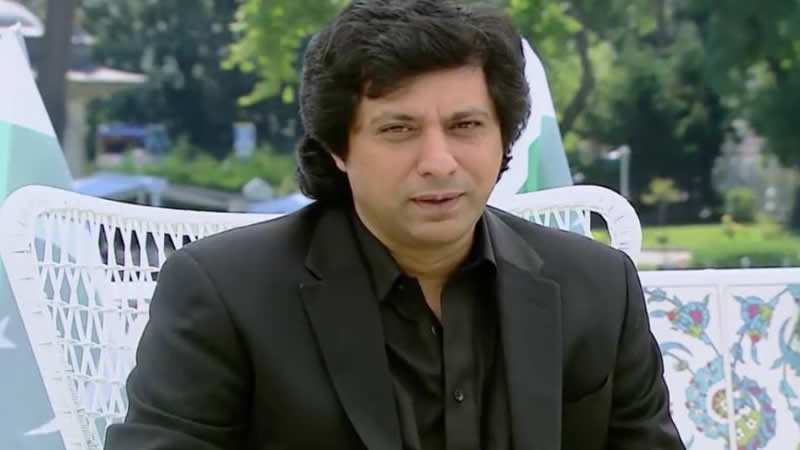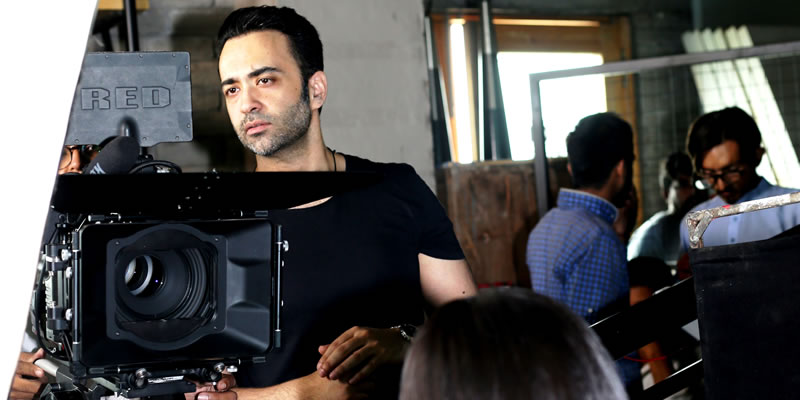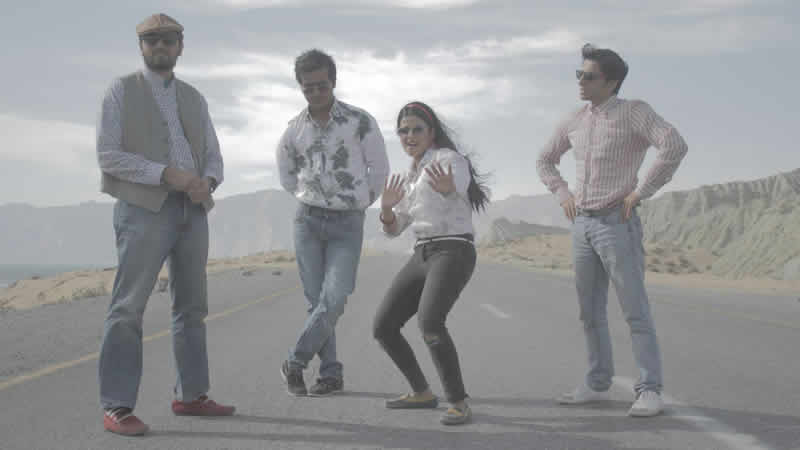 NEW YORK: It’s not even 2012 yet but election season is in full bloom.And with it comes a new political ritual: First, a Republican candidate attempts to score cultural points by choosing a popular song for a political commercial or a rally. Next, a musician complains about such unauthorized use. Finally, politician says, “Sorry!”Up first in the 2012 war is a developing dispute between singer-songwriter Tom Petty and Michele Bachmann. On Monday, Bachmann officially announced her candidacy for U.S. president. She left the stage as Petty’s “American Girl” blared over the loudspeaker. Uh-oh.Petty’s camp is unhappy with Bachmann’s choice of exit music and will ask the campaign not to use the song, according to an NBC News report. (Petty’s manager was not immediately available for comment, an employee said.)Petty previously sent George W. Bush a cease-and-desist letter over his presidential campaign’s use of the song, “I Won’t Back Down.” Bush backed down, of course. But the former president is not alone.In the past couple of years, musicians have enjoyed great success in getting politicians to see the error of their ways.After the 2008 campaign, John McCain was forced to make an apology to Jackson Browne to settle a lawsuit over the use of his song, “Running on Empty.” A few months after that, California senatorial candidate Chuck DeVore went on bended knee to settle claims made by Don Henley over use of the songs “Boys of Summer” and “All She Wants to Do is Dance.”
NEW YORK: It’s not even 2012 yet but election season is in full bloom.And with it comes a new political ritual: First, a Republican candidate attempts to score cultural points by choosing a popular song for a political commercial or a rally. Next, a musician complains about such unauthorized use. Finally, politician says, “Sorry!”Up first in the 2012 war is a developing dispute between singer-songwriter Tom Petty and Michele Bachmann. On Monday, Bachmann officially announced her candidacy for U.S. president. She left the stage as Petty’s “American Girl” blared over the loudspeaker. Uh-oh.Petty’s camp is unhappy with Bachmann’s choice of exit music and will ask the campaign not to use the song, according to an NBC News report. (Petty’s manager was not immediately available for comment, an employee said.)Petty previously sent George W. Bush a cease-and-desist letter over his presidential campaign’s use of the song, “I Won’t Back Down.” Bush backed down, of course. But the former president is not alone.In the past couple of years, musicians have enjoyed great success in getting politicians to see the error of their ways.After the 2008 campaign, John McCain was forced to make an apology to Jackson Browne to settle a lawsuit over the use of his song, “Running on Empty.” A few months after that, California senatorial candidate Chuck DeVore went on bended knee to settle claims made by Don Henley over use of the songs “Boys of Summer” and “All She Wants to Do is Dance.”
And most recently, Florida governor Charlie Crist did the mea culpa to David Byrne over use of the song, “Road to Nowhere.” Crist’s apology on YouTube set the standard here.None of these cases went to trial. No appellate circuit has yet ruled on such issues as fair use and the validity of the implied endorsement claim. Nevertheless, the DeVore case came the closest to a final ruling in favor of musicians and against politicians when the judge rejected DeVore’s defenses in the pre-trial phase.
However, DeVore used music in a political campaign ad. A dispute over music played at a campaign event, like the developing Petty vs. Bachmann sued, is an entirely new legal debate. Arguably, so long as a campaign purchases a license from the performance rights organization ASCAP, it should stand on solid ground. On the other hand, Petty could still claim that such music constituted an implied endorsement of the Republican candidate. – Yahoonews












